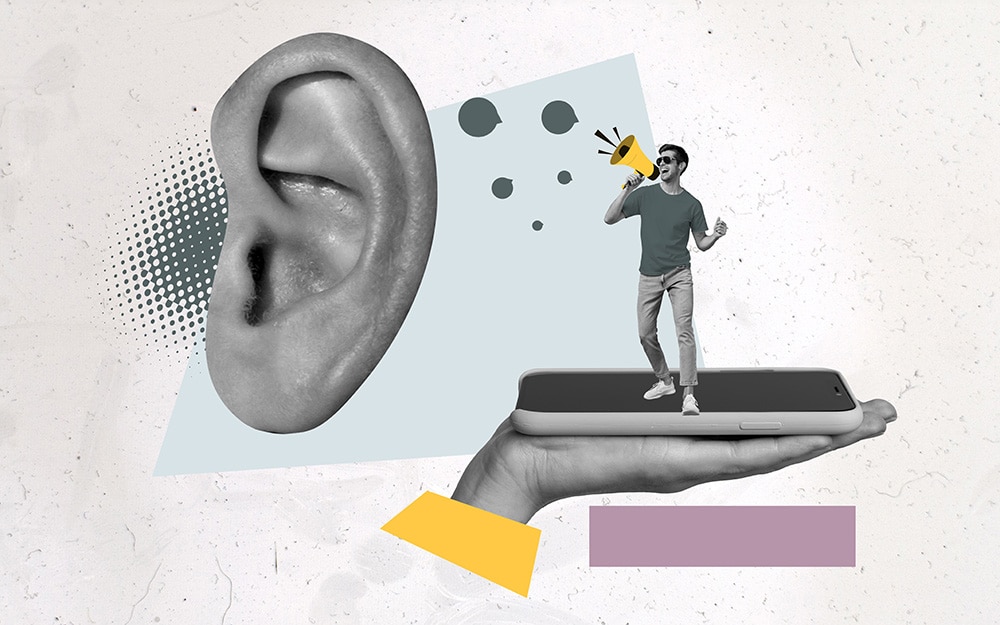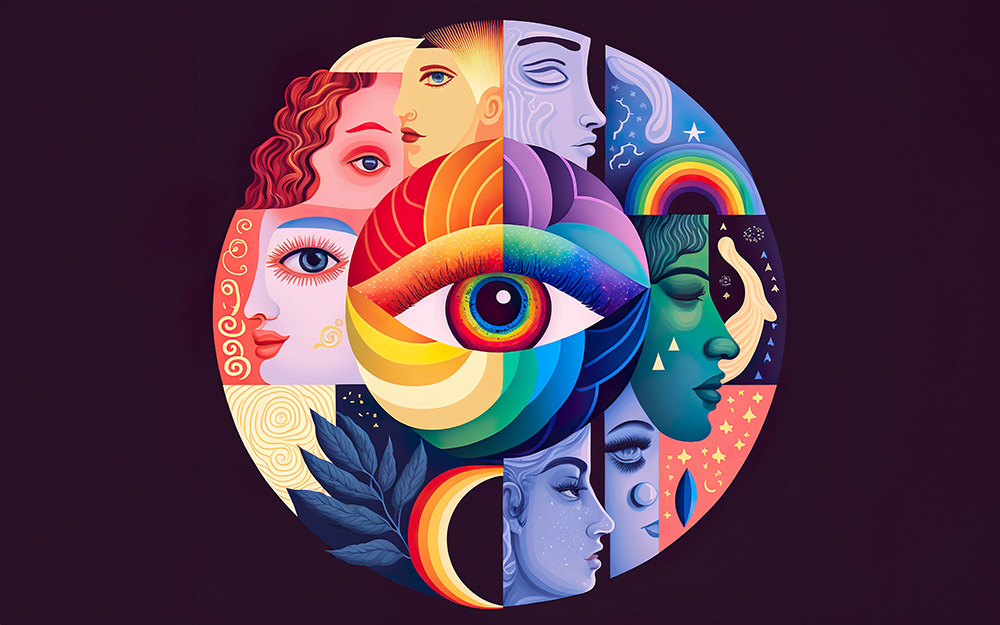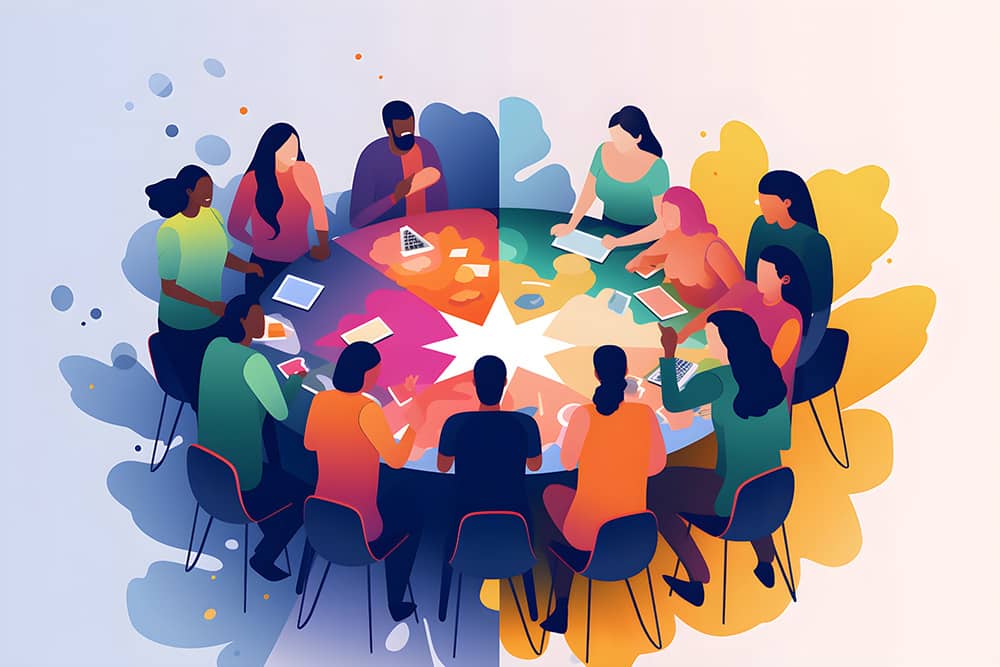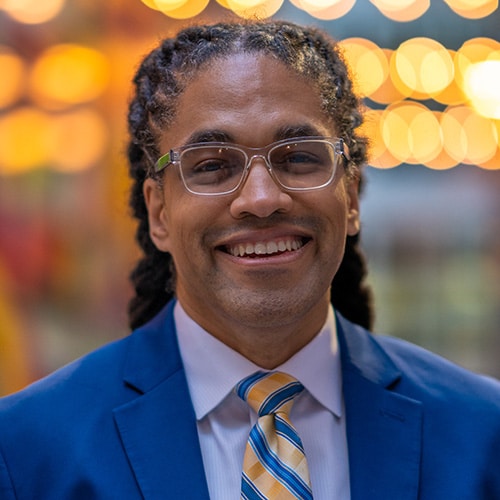
Diversity, Equity, & Inclusion
Variety is the Spice of Life
stock.adobe.com / Melvin
DEI Enhances the Flavor of the World
Hi, I’m Jim, the CEO and Co-Founder of a Pittsburgh-based parking startup called Meter Feeder. Our company originated in 2015 after winning a hackathon. My co-founder, Daniel Lopretto, and I are Y-Combinator graduates, and in 2021, we were selected to join Google’s Black Founders Fund. I should mention – I’m Black.
As a CEO, I have had the opportunity to reflect on the importance of diversity, equity, and inclusion within parking and explore avenues for positive change. I’ve realized that many people don’t actually know what DEI means for their organization. So, what is Diversity, Equity, and Inclusion, formally? Well, in simple terms, they are three foundational values held by top-tier organizations to be supportive of different groups of individuals, including people of different races, ethnicities, religions, abilities, genders, and sexual orientations. Basically, DEI is the cornerstone for a safe and habitable working environment for all. So, let’s break it down.
What are the differences between diversity, equity, and inclusion? These terms are often easily misunderstood, so it’s crucial for us to recognize the individual meanings and implications of each of these terms:
- Diversity is really the Who.
- Equity references the What.
- Inclusion is How.
When we think about “Who” is represented in the workforce, we look at diversity. Who are the people we’re working with? What is the composition of our workforce? Diversity is found in gender, age, ethnicity, physical ability, and neurodiversity. By adding different compositions of diversity to a workplace, we strengthen our ability to consider alternative viewpoints and recognize the importance of having diversity in how people think, analyze, and find solutions. We also strengthen our ability to connect with a diverse customer base – something especially important for all of us in the parking industry.
Equity allows us to consider the “What.” When we think of equity in a workplace, we’re really referring to what people are dealing with and doing. How are we providing fair treatment for all people? Equity encourages us to look at our practices and policies to ensure identity is not predictive of opportunities or workplace outcomes.
Equity is not necessarily equality, though. They have subtle differences to consider; equality is the notion that all people are to be treated the same, while equity considers a person’s unique circumstances, adjusting treatment accordingly so that the result is equal. Think of it this way – as someone who is 6’3, I rarely have issues seeing over things. Let’s say there is a 6-foot fence in front of me. Sure, I can see, but my teammate, who is 5’7, might not be able to. Equality is having us both sit next to each other – equity is giving my 5’7 friend a footstool to see over the fence, just like I can. That footstool evens the playing field so we can all enjoy the show.
Inclusivity is our reminder to look at the “How.” How do we embrace all employees to create a meaningful workforce experience where everyone can contribute? Inclusive cultures cultivate diverse workforces where all employees feel their voices are heard. Creating a space where every employee is comfortable speaking openly allows for creativity in thought and additional alternative insights. That problem you’ve been trying to solve for months might be quite easy for someone who thinks of the concept in a different way. By including that employee and promoting a culture inclusive of thought, we can see how a new solution might be quite simple for them. Invite everyone to the table – it makes for a better party anyway.
Diversity, equity, and inclusion are three things all organizations should strive to embody these days to help meet the needs of people from all walks of life. Not only can organizations make better hires by expanding their company’s viewport and adding additional perspective, but they can also retain great employees longer by making sure everyone is both seen and heard. Companies with a DEI team were 22% more likely to be seen as “an industry-leading company with high-caliber talent.”
But here’s really the best part: If you hire the best people for the job, you’ll probably start to build a diverse, equitable, and inclusive culture by default. At Meter Feeder, 60% of our leadership team is made up of minorities or women – both diverse categories. All we did was hire the best people for the job. That’s it. We didn’t pre-determine specific makeups of who we wanted to hire; we just hired the people who had a proven track record of accomplishing the problems we were looking to solve. By expanding our viewport and perspective, we gained not only wonderful team members but even more outlooks on our business which has translated directly into revenue.
In an industry like ours, it is incredibly powerful and important to build a diverse, equitable, and inclusive foundation. Parking has an especially broad audience. Our industry touches nearly every person from every walk of life in some way. Embracing diversity in thought and representation enables us to better serve the needs of this diverse customer base. Companies that are diverse, equitable, and inclusive can better respond to challenges, win top talent, and meet the needs of different clients and customers. Variety, as they say, is the spice of life. If diversity is another word for variety, how can it enhance or flavor the world? Add some and see for yourself. ◆
Jim Gibbs is the Co-Founder and CEO of Meter Feeder, Inc.
-
This author does not have any more posts.


The Complexities of Identity
The Vitality of Discovering your own Intersectionality

Age Is Only a Number
To create equity and inclusion for all age groups, it’s






